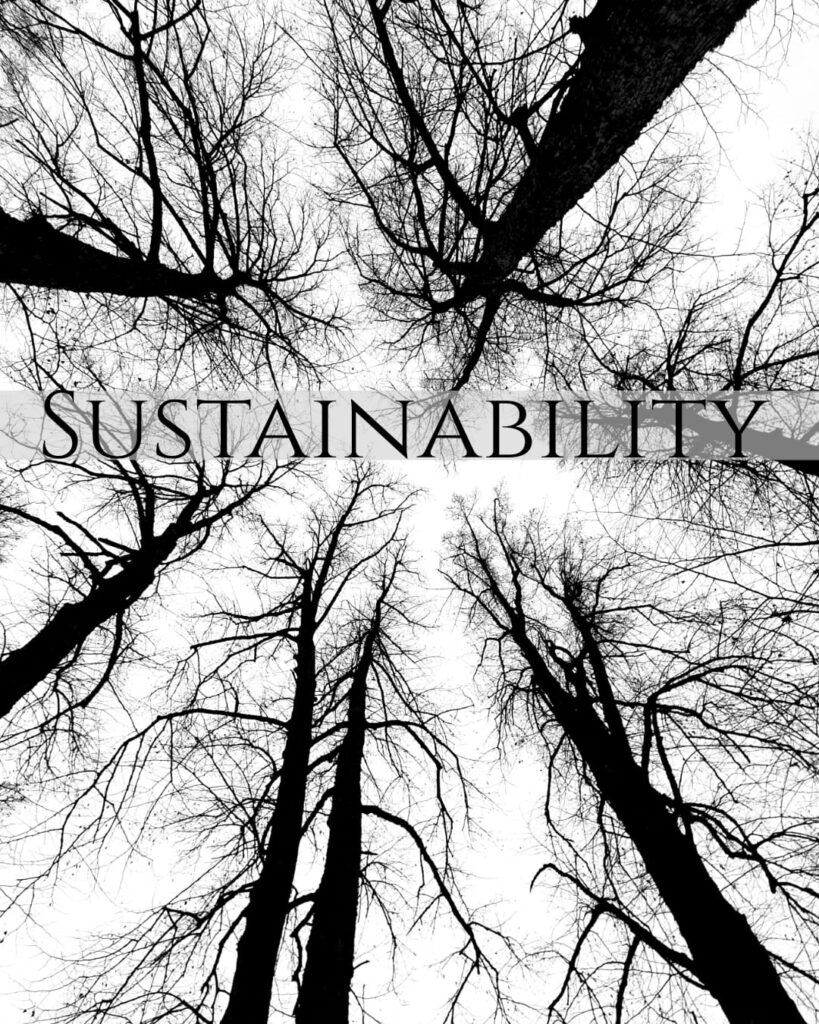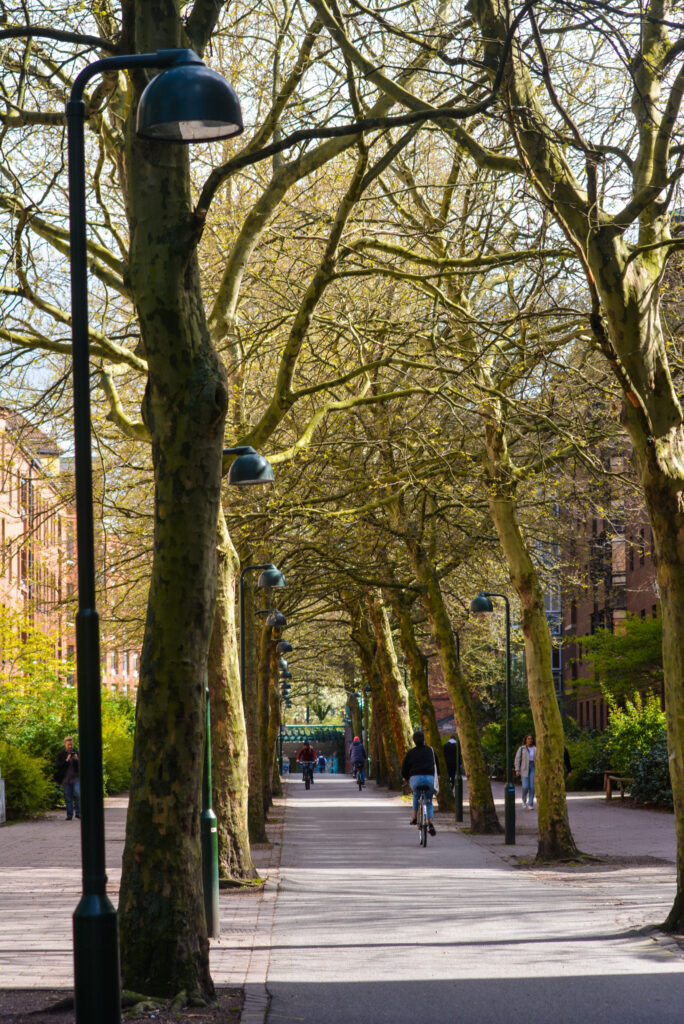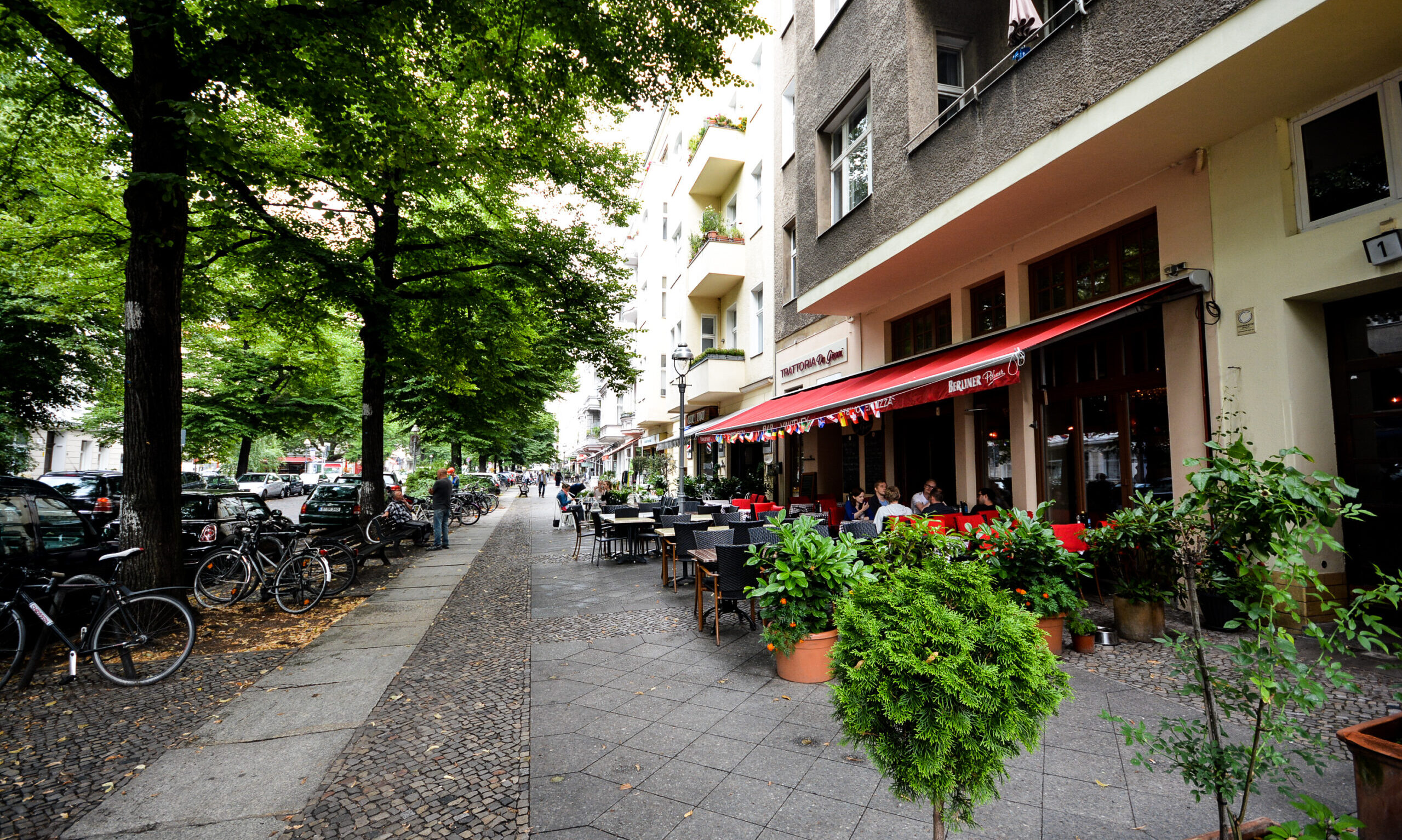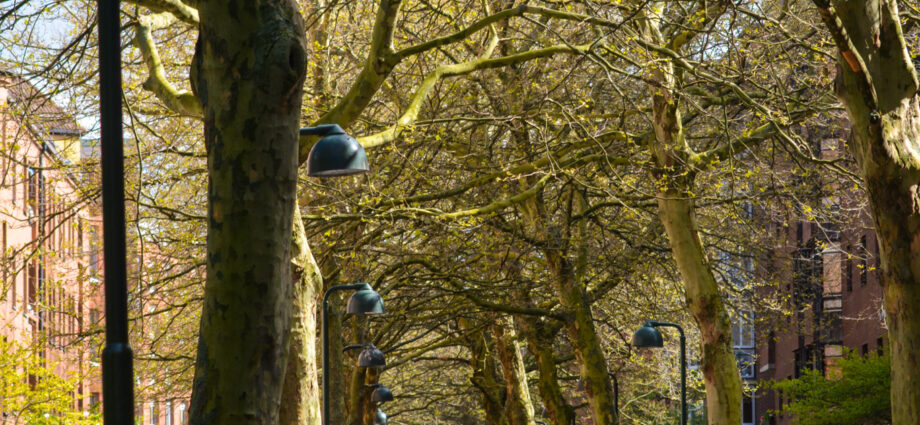‘Sustainability’ is a term and concept that easily drums up intensive dialogue and debate, as well as creative discussion, particularly as relates to development, cities and urbanism.
In simplest terms, sustainability means meeting our current needs ‘without compromising the ability of future generations to meet their own needs‘. Indeed, when I think of this word, the first thing that comes to mind is imagining what the world will look like when my young children and their peers (as well as future generations not even born yet) are grown. What will the state of resources be? Will they be challenged for amenities and resources that we overwhelmingly take for granted today?

The topic of ‘Sustainable Cities’ is extensive, multilayered and truly at the heart of 21st-century urban development. In our current country of residence (Sweden), approximately 85 percent of people live in urban areas and the global estimate is a little over 55%. Urban sustainability is of course critical to ensure a minimized environmental footprint as well as ensure quality of life for future generations.
Critique of the concept of sustainable urbanism includes that cities are ‘hubs of consumption’, relying on long, complex supply chains and that the ecological footprint of cities reflects high (ultimately unsustainable) level of resource consumption of city dwellers and urban development.
Of course, there is a long and growing list of features to help increase the sustainability profile of cities including:
• Green spaces
• Walking & cycle neighborhoods
• Local food production/Urban farms
• Local supply chain
• Green buildings & infrastructure
• Urban water conservation practices
• Local energy
• Solar energy
• Efficient, affordable public transport
• Circular recycling & waste management
…to name a few

At Pedestrian Space, we do not avoid using this word out of concern that it is ‘trending’ or a fad. Sustainable development is in fact an imperative if we have any respect for environment & the quality of life in contemporary as well as future societies.
We welcome the challenge to view commitment to lifelong learning about sustainability as a both an individual & collective endeavor. We are interested in all constructive angles of this discussion which is a defining theme for the era we live in. Concern for humanity, environment and ecology is intertwined and as our focus is largely on urban life and cities, the topic of sustainable urbanism is one we look forward to establishing a stream of coverage, thought and discussion on.

